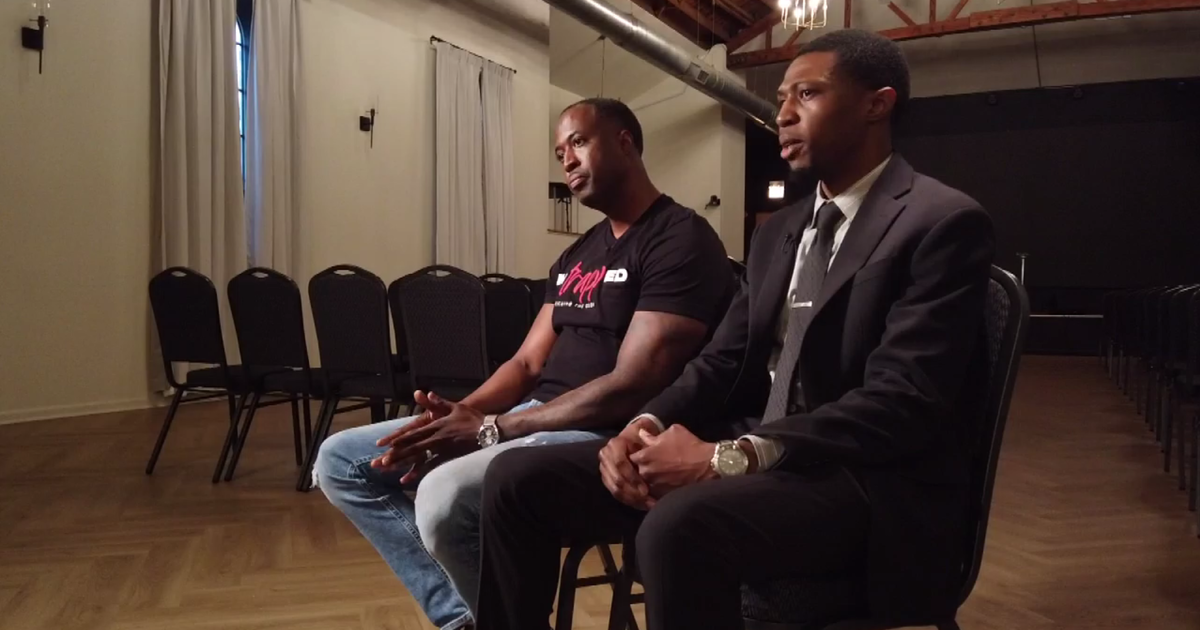'Autism Database' Seeks To Help Provide Help When Special Needs Kids Get Lost Or Go Missing
CHICAGO (CBS) -- We're in the middle of National Autism Awareness Month and a suburban police sergeant hopes to make departments across the country aware of his special needs tool.
He's figured out a way to help fellow officers recognize children and adults they may encounter who are on the spectrum.
Morning Insider Lauren Victory explains how this autism database is putting parents at ease.
Suddenly, Shawn Danhouser's worst fear was a reality when he couldn't find his son, Jake.
"It was a little too quiet in the house," he said. "I went to go look for Jake, and I could not find him anywhere."
Scrambling down the sidewalk, the family eventually found him safe. That brief moment of panic was intensified because Jake is on the autism spectrum.
"He is verbal, but he only has a very limited vocabulary, and if you were to ask him a question, he'd probably just answer 'yes,' whether it was right or wrong," Danhouser said.
Autism and wandering often go hand in hand. Traffic can be a big draw. Water too.
More than 30 boys and girls on the spectrum have gotten lost and accidentally drowned, according to the National Center for Missing & Exploited Children.
They're tragedies that Addison Police Sgt. Stefan Bjes personally and professionally hopes to prevent.
"I have two sons with autism spectrum disorders," he said. "The state law says that agencies are required to have some sort of special needs database."
Bjes's version of the database goes much further than most departments'. Instead of just names and contact information, loved ones can submit likes and dislikes, triggers, and de-escalation tips.
"His favorite places are parks, and riding his bicycle," Bjes said, pointing to an example on the app.
"Johnny doesn't like to be told no, so we're going to stay positive with Johnny," Bjes added. "Billy's big thing from his dad: don't use force."
A young man named Danny got lost a few years ago.
"When the officers arrived, he couldn't identify himself, and he couldn't communicate who he was," Bjes said.
Information stored on officers' phones and in squad cars through the PowerDMS mobile app made it easy to find Danny's parents.
If Jake ever wanders off again, Danhouser feels much better being in the system.
"Just incredibly comforting when you're working with a population that has so many different challenges already," he said.
A slam dunk and an idea that's starting to spread to other communities.
Registering on the database is free and it doesn't use any fancy software. The information is kept on a cloud program that many other departments use.
Right now, about 160 people are in Addison's system, which is only accessed by Addison officers.
Find out more about their Autism database and how to bring it to your town by clicking here.



